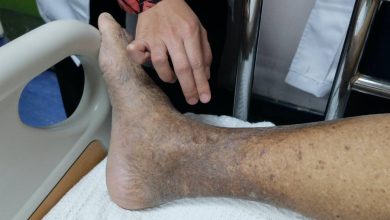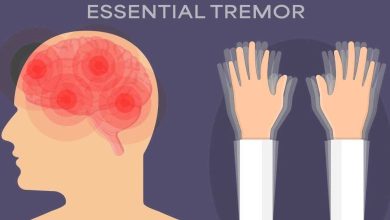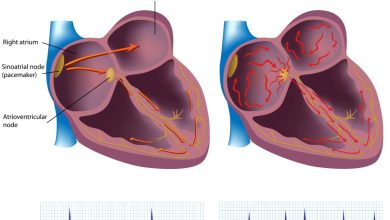Allergies Symptoms, Causes, Diagnosis and Treatment

What is Allergies?
An allergy is a damaging reaction of your body’s immune system to particular substances such as dust, fur, pollen or a specific food. The immune system tends to produces substances called antibodies. Few of such antibodies protect us from unnecessary invaders that can cause us infection or make us ill. In case of having allergies, the immune system then produces antibodies which identify certain allergen as ‘dangerous’ however, it is not. At the time of contact with that particular allergen, the reaction of the immune system can inflame the person’s sinuses, skin, digestive or airways system.
Severity differs from individual to individual ranging from slight irritation- anaphylaxis (critical emergency). Whereas many allergies are incurable, numerous treatments tend to greatly help relieving the symptoms.
What are the Symptoms of Allergies?
Your symptoms greatly depend on the specific allergy you have and may involve nasal passages, airways, sinuses, digestive system and skin. Allergic reactions tend to range from minor to severe. Moreover, in few serious cases, allergies cause a severe reaction called anaphylaxis in the body.
- Allergic rhinitis (hay fever) may cause:
- Runny, itchy nose.
- Watery, swollen or itchy eyes.
- Congestion.
- Peeling or flaking skin.
- Red skin.
- Itchy skin.
- Food allergy can cause:
- Hives.
- Swelling on lips, face, tongue or throat.
- Anaphylaxis.
- Tingling mouth.
- Insect sting allergy can cause:
- Edema (large swelling area) at the site of sting.
- Gives or itching throughout the body.
- Anaphylaxis.
- Chest tightness, cough, breathing difficulties or wheezing.
- Drug allergy can cause:
- Itchy skin.
- Hives.
- Wheezing.
- Rash.
- Anaphylaxis.
- Facial swelling.
ANAPHYLAXIS:
Few kinds of allergies such as insect stings and food allergies can trigger a life-threatening reaction called anaphylaxis. A critical medical emergency, consequently, the reaction may cause the individual going into shock. Anaphylaxis symptoms include:
• Vomiting and nausea.
• Skin rash.
• A weak, rapid pulse.
• Serious breathing difficulties.
• Swelling airways, may clock breathing.
• Lightheadedness.
• Loss consciousness.
What Causes Allergies?
Allergy begins when your immune system actually mistakes a safe substance for a harmful invader. It then makes antibodies which stays on alert always for that specific allergen. In case of again getting exposed to that allergen in future, such antibodies can discharge numerous chemicals of immune system, for example histamine, that trigger the symptoms of allergy. Few allergy triggers are:
• Specific foods: especially peanuts, wheat, tree nuts, shellfish, fish, soy, milk and eggs.
• Airborne allergens: pollen, mold, dust mites, and animal dander.
• Medications: antibiotics based on penicillin.
• Insect stings: wasp stings or bee stings.
• Latex: may trigger allergic reactions on skin.
How is an Allergy Diagnosed?
Initially, the doctor can ask regarding your symptoms whilst conduct a thorough physical exam. He can then suggest you to have:
• Blood test.
• Skin test.
How are Allergies Treated?
Treatments of allergies are:
• Allergen avoidance.
• Certain medications that can reduce your symptoms.
• Emergency epinephrine.
• Immunotherapy.
Related articles:
By : Natural Health News




